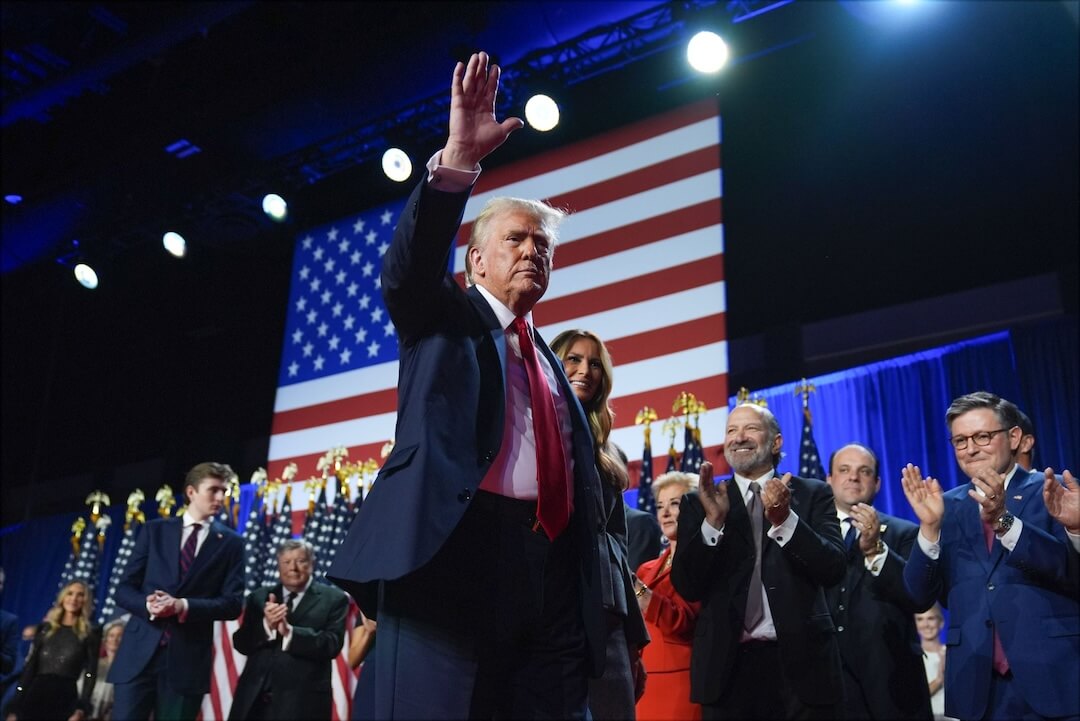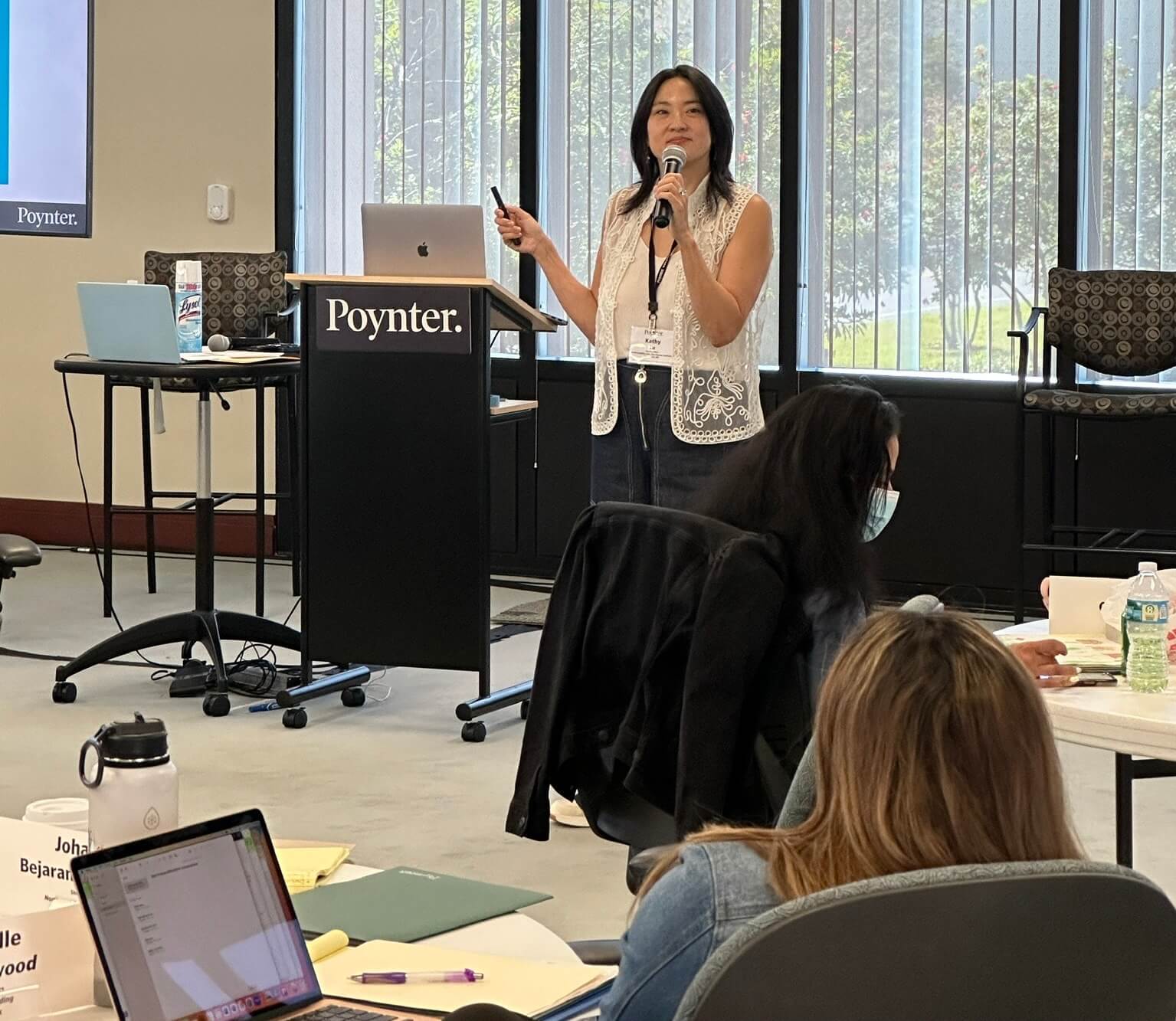The Democratic co-chairman of the Commission on Presidential Debates called criticism of moderator Jim Lehrer’s performance “unfair.” More than 58 million viewers were watching last night’s debate between President Obama and GOP nominee Mitt Romney, according to the overnight ratings.
“There’s a lot of beating up on Jim Lehrer today and I think there ought to be a little time to let things settle in a little bit before we make any summary judgment,” Mike McCurry told Poynter by phone while on a plane to Austin, Texas.
The commission implemented a new format for this election year’s presidential debates. The 90-minute event was to be divided into six, 15-minute segments with Lehrer asking a question to open each segment. Candidates were then supposed to give two-minute answers, leaving the balance of the time for Lehrer to facilitate a deeper discussion of the topic. Both candidates, however, went over their two-minute allotments, talked over each other and often ignored Lehrer’s attempts to adhere to the debate rules and move on to new issues.
McCurry acknowledged the new format may need some fine-tuning.
“I think we were satisfied; there was a lot more engagement and dialogue between the candidates than in previous debates, which is one of the things we really wanted to provoke. I think that worked very, very well,” said McCurry, a former press secretary for President Bill Clinton who is serving his first term on the debate commission as co-chairman.
“I think it’s difficult to moderate this new format because if the candidates decide that they’re going to go off on their own, it’s a little tough for even Jim Lehrer to pull them back in line.
“I think Jim had a good idea on the segments that he wanted to divide up, but clearly you have to kind of discipline the candidates to keep moving through the subjects without taking up too much time on their answers,” McCurry added. “A firmer hand on the tiller will probably be needed. But we’ll see. It’s a little too early to make a complete evaluation.”
The commission changed the format in order to allow for a more thorough probing of the issues, which McCurry believes the American people got last night.
“Both candidates challenged each other,” McCurry said, “Jim Lehrer gave them an opportunity to challenge each other. The key thing is it’s not about the moderator, it’s about the candidates. I think the American people certainly got a very clear sense of the two candidates during the debate.”
Through a PBS spokesperson, Lehrer provided Poynter with this statement:
I thought the format accomplished its purpose, which was to facilitate direct, extended exchanges between the candidates about issues of substance. Part of my moderator mission was to stay out of the way of the flow and I had no problems with doing so. My only real personal frustration was discovering that ninety minutes was not enough time in that more open format to cover every issue that deserved attention.
McCurry said he was disappointed that the candidates did not address poverty or disadvantaged Americans; Lehrer did not specifically ask about the poor.
The CPD has been criticized for the lack of diversity among the moderators it has chosen. Republican co-chair Frank Fahrenkopf defended the Commission’s choices in an interview with Poynter last month. Fahrenkopf said it was difficult to find qualified women and journalists of color.
There are three more debates scheduled: Two for the presidential candidates and one for Vice President Joe Biden and nominee Paul Ryan. The format, McCurry said, will remain the same except for the town hall-style debate CNN anchor Candy Crowley will moderate, in which audience members will question the candidates. The third and final presidential debate will be moderated by CBS News anchor Bob Schieffer on Oct. 22, and will focus on foreign policy.








Comments